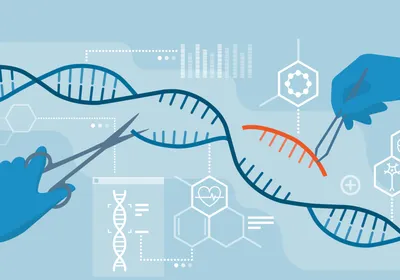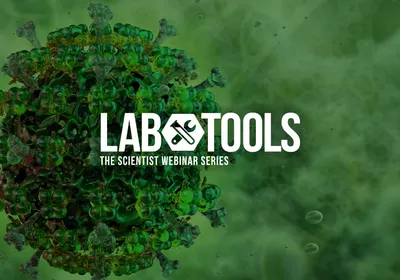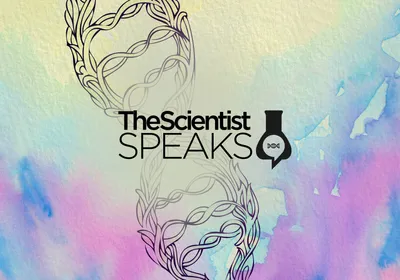 Human embryos two days after co-injection of CRISPR reagents and spermOHSULast week, word got out that a team of scientists had edited viable human embryos for the first time in the United States. Details of the feat were sketchy at the time, but the researchers have published their results in Nature today (August 2), revealing their success in correcting a mutation in the gene MYBPC3 that causes a heart condition.
Human embryos two days after co-injection of CRISPR reagents and spermOHSULast week, word got out that a team of scientists had edited viable human embryos for the first time in the United States. Details of the feat were sketchy at the time, but the researchers have published their results in Nature today (August 2), revealing their success in correcting a mutation in the gene MYBPC3 that causes a heart condition.
“It’s a pretty big milestone,” George Church, a geneticist at Harvard University and MIT, tells The Scientist. “People have been wringing their hands about the U.S. losing its edge because it was China making progress. But the careful work just took longer to get to fruition.”
Chinese scientists first reported applying CRISPR to human embryos in 2015. In that case, the embryos had chromosomal abnormalities that would have prevented them from surviving. In the latest work, the fertilized embryos were viable; their only trouble was a small deletion—just four base pairs—in MYBPC3 inherited from the father.
MYBPC3 has been known as a cause of hypertrophic cardiomyopathy, or muscle thickening in the heart, for decades. Paula Amato and Shoukhrat Mitalipov of Oregon Health & Science University, ...





















